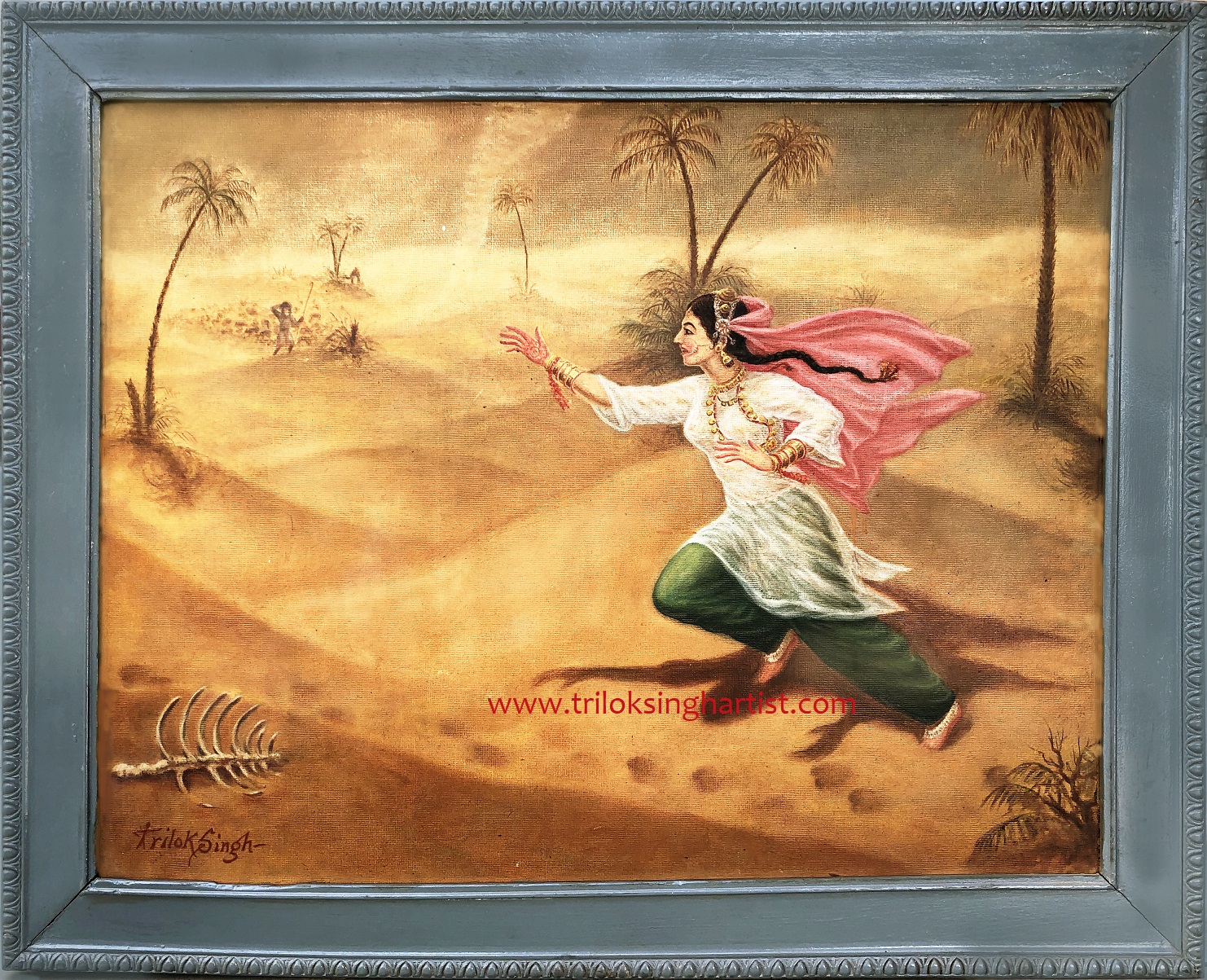|
Sabiha Khanum
Sabiha Khanum ( ur, ; born Mukhtar Begum; 16 October 1935 – 13 June 2020), was a Pakistani film actress. She is also known as the "First Lady of Pakistani Cinema", and is often recognized for her role in Pakistani cinema during the 1950s and 1960s. The recipient of the Pride of Performance and Nigar Awards, she debuted in Lollywood films with ''Beli (1950)'', and also appeared in television dramas. Some of her notable films include Do Ansoo (1950), ''Sassi'' (1954), ''Gumnaam'' (1954), ''Dulla Bhatti'' (1956), ''Sarfarosh'' (1956), '' Mukhra'' (1958), and ''Devar Bhabhi'' (1967). She appeared mostly in Santosh Kumar's films playing protagonist roles opposite to her throughout the career. Sabiha and Santosh are sometimes known for their on-screen chemistry they shared and built following the 1950s and 60s films, in particular after they worked in ''Qatil (1955)'' film. Early life Sabiha Khanum was born Mukhtar Begum in a village near Gujrat in Punjab, Pakistan, to Mohammad ... [...More Info...] [...Related Items...] OR: [Wikipedia] [Google] [Baidu] |
Gujrat City
Gujrat ( Punjabi and ur, ) is a city in the Punjab Province of Pakistan. It is the capital of Gujrat District and it is the 21st largest city of Pakistan by population. Along with the nearby cities of Sialkot and Gujranwala, Gujrat forms part of the ''Golden Triangle'' of industrial cities with export-oriented economies. History The area around Gujrat was settled during the reign of the Suri ruler Sher Shah prior to the Mughals. The area was named ''Khwaspur,'' in honour of Suri's Governor of Rohtas, Khwas Khan. Local traditions state that Gujrat is the second town to be built in the area, with the first having been destroyed by Mongol invasions in 1303. The city came under the Mughal Empire and was further developed during the reign of the Mughal Emperor Akbar the Great, who built the Gujrat Fort in 1580, and compelled local Gujjars to settle in the city in 1596–97. The city was then named in reference to the Gujjar tribes. In 1605, Syed Abdul Kasim was granted the ... [...More Info...] [...Related Items...] OR: [Wikipedia] [Google] [Baidu] |
Sassi Punnoon
Sassi Punnuh or Sassui Punhun ( sd, سَسُئيِ پُنهوُن) is a love story from Punjabi, Sindhi, and Balochi folklore. The story is about a faithful lover who will endure any difficulty while seeking her beloved husband who was separated from her by rivals. The story also appears in Shah Jo Risalo and forms part of seven popular tragic romances from Sindh, Pakistan. The other six tales are ''Umar Marvi'', ''Sohni Mehar'', ''Lilan Chanesar'', ''Noori Jam Tamachi'', ''Sorath Rai Diyach'', and '' Momal Rano'' commonly known as the Seven Queens of Sindh, or the Seven heroines of Shah Abdul Latif Bhittai. Punnu Mir Punnhun Khan (Mir Dostein) was the son of Mir Aalii or Ari, a baloch king of Kech, Balochistan. Sassi Sassi was the daughter of the Raja of Bhambore in Sindh (now in Pakistan). Upon Sassi's birth, astrologers predicted that she was a bane on the royal family's honour. The Raja ordered that the child be put in a wooden box and thrown in the Sindhu. A washer ... [...More Info...] [...Related Items...] OR: [Wikipedia] [Google] [Baidu] |
Anwar Maqsood
Anwar Maqsood Hameedi (born 7 September 1939, Urdu:), popularly known as Anwar Maqsood, is a Pakistani scriptwriter, television presenter, satirist, humorist, and infrequent actor. He was well known for his drama write-ups for PTV in the late 1970s and 1980s. Early life and family Anwar Maqsood was born on 7 September 1939 in Hyderabad State. He studied at the Gulbarga Trust School in Aurangabad. His large family migrated to Karachi in 1948, after the creation of Pakistan in 1947. His childhood years were spent in PIB Colony, Karachi with his siblings and family. Maqsood belongs to a prominent family of Pakistan and some of his siblings are well known in their own right: his sister, Fatima Surayya Bajia was a well-known writer in Pakistan and South Asia whose marriage ended early in divorce. She then chose to play a key role in the upbringing of her nine young brothers and sisters and became a maternal figure to them. Another sister Zehra Nigah, is a relatively well-known poe ... [...More Info...] [...Related Items...] OR: [Wikipedia] [Google] [Baidu] |
